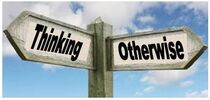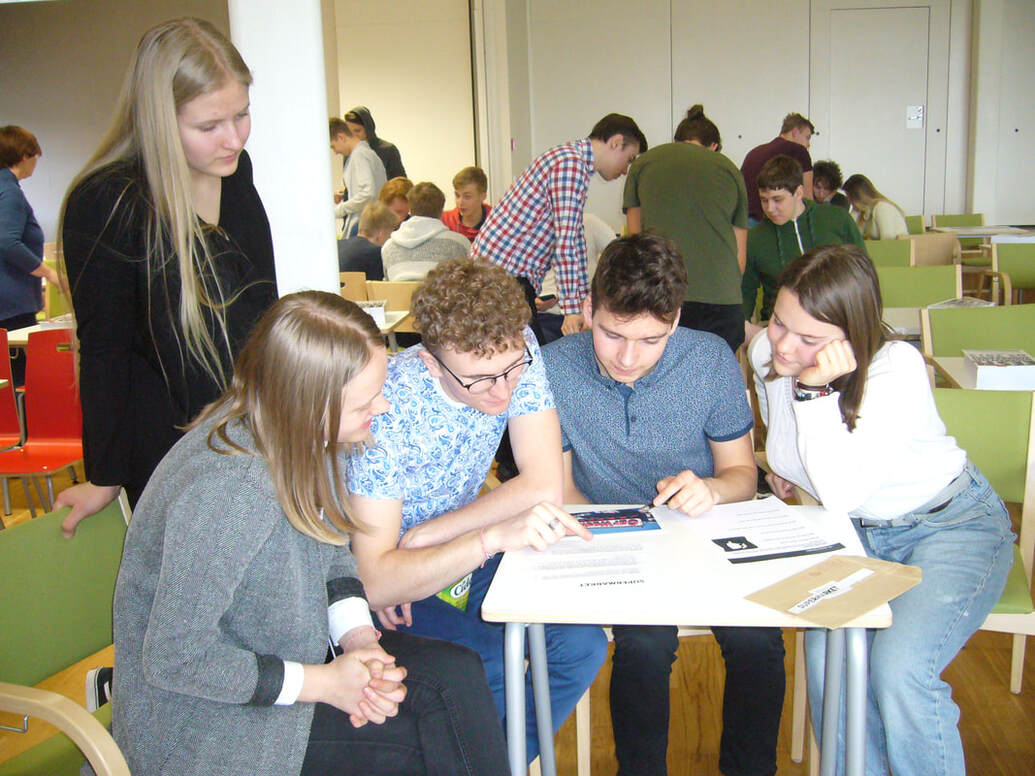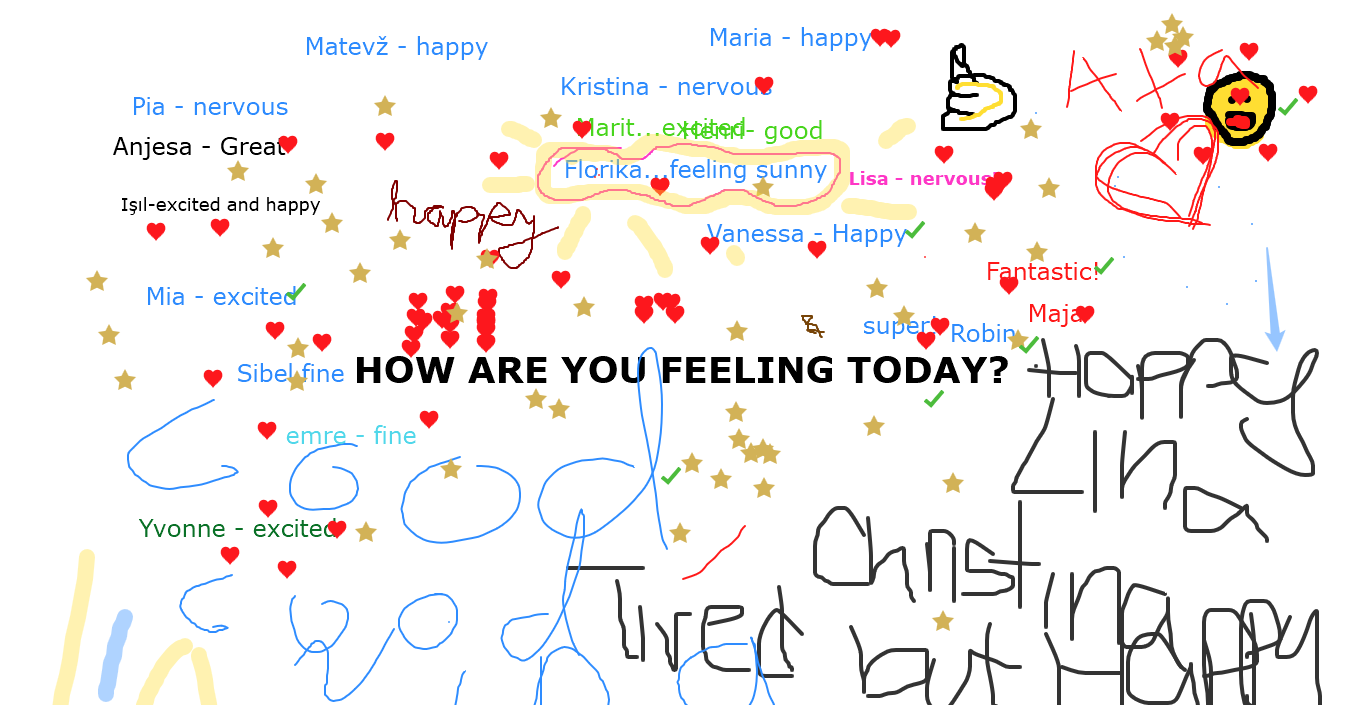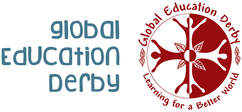Global Learning for Global Citizenship Education – the inspiration behind Thinking Otherwise
As global teachers, we have found that Global Citizenship Education brings real life issues into the classroom, making learning current, relevant and challenging. It not only enriches the curriculum, but promotes dialogue, an appreciation of interdependence and complexity, and enables students to develop metacognition, critical reflection, personal and social development skills.
Throughout our project, we use the terminology global learning to describe the vision for Global Citizenship Education. This specific language was chosen as it relates directly to teaching and learning within the school curriculum. Vocabulary never stands still and can vary between countries. Other common terms used are global education or development education. There is shared ground with related disciplines, for example values education, multicultural education, peace education, education for sustainable development. Vocabulary can express different emphasis and tone in this area of learning. Which terminology or educational approach is most familiar within your educational context?
As global teachers, we have found that Global Citizenship Education brings real life issues into the classroom, making learning current, relevant and challenging. It not only enriches the curriculum, but promotes dialogue, an appreciation of interdependence and complexity, and enables students to develop metacognition, critical reflection, personal and social development skills.
Throughout our project, we use the terminology global learning to describe the vision for Global Citizenship Education. This specific language was chosen as it relates directly to teaching and learning within the school curriculum. Vocabulary never stands still and can vary between countries. Other common terms used are global education or development education. There is shared ground with related disciplines, for example values education, multicultural education, peace education, education for sustainable development. Vocabulary can express different emphasis and tone in this area of learning. Which terminology or educational approach is most familiar within your educational context?
What is global learning?
There are many definitions of global learning - there is not one simple answer. It begins with the individual and encourages connection, reflection and action from the personal and local through to international and global issues. Key concepts such as interdependence, identity and belonging, conflict resolution, values and perceptions, sustainable development, human rights and social justice are used as a springboard for interdisciplinary, participatory learning. Global Learning is not only learning about the wider world but also developing the skills and values for active citizenship and social action.
There are many definitions of global learning - there is not one simple answer. It begins with the individual and encourages connection, reflection and action from the personal and local through to international and global issues. Key concepts such as interdependence, identity and belonging, conflict resolution, values and perceptions, sustainable development, human rights and social justice are used as a springboard for interdisciplinary, participatory learning. Global Learning is not only learning about the wider world but also developing the skills and values for active citizenship and social action.
Top tips for Global Learning
Here are a few suggestions to open dialogue and consider the benefits of global learning activities within an individual classroom or whole school.
Here are a few suggestions to open dialogue and consider the benefits of global learning activities within an individual classroom or whole school.
- Grow your own knowledge
What do you understand by the term global learning or global citizenship education? How do your colleagues define it? What preconceptions do you or they hold?
Often the word global gives the impression that it happens in geography and is about faraway people and places. In reality, global learning flows through every subject or topic and is related to everyday living.
A valuable starting point can be to discuss the big questions and issues impacting our lives and society. Are the issues inter-related and can they be categorised into broader themes? Where are these themes unpicked within the curriculum? Are there differing perspectives that can be considered? Is it possible to imagine a different future or outcome?
To summarise: Global/Local issue + multiple perspectives = a global learning opportunity - Audit your context
What is already happening in your classroom/school? Where do global issues, skills and values already appear within school life? The chances are a lot of global learning is taking place already – it often simply needs to be made more explicit. It is not a case of introducing much extra work. Rather, it is looking at what you are already doing from a new viewpoint. Are there small changes you can make to “put a global twist” on your teaching and learning?
Can you put a spotlight on great work taking place under the radar in your school?
Are there other people within your school who are your global learning allies and supporters? - Visualise your learner
Focus on your students. What are their needs, strengths and interests?
How does your curriculum build on these?
What knowledge, skills and values do your colleagues envision them developing over time at your school/in your class?
This process supports exploration of the wider values and ethos across the school and also helps clarify areas for future staff and curriculum development.
- Find a Framework
Global Learning is not a new invention. It has been evolving over many years, with the publication of a number of frameworks supporting Global Citizenship Education. These documents help explain the overarching rationale to school leaders and colleagues. Adopting a framework is a great way to enrich your global learning strategy, ensure progression and track your progress as a practitioner/school. However you wish to develop your own curriculum plans there will be a framework that suits your school context and makes this process easier to manage and justify. The Thinking Otherwise team found the Oxfam Global Citizenship Framework very helpful when we began working together as a unifying reference point.
Further reading:






